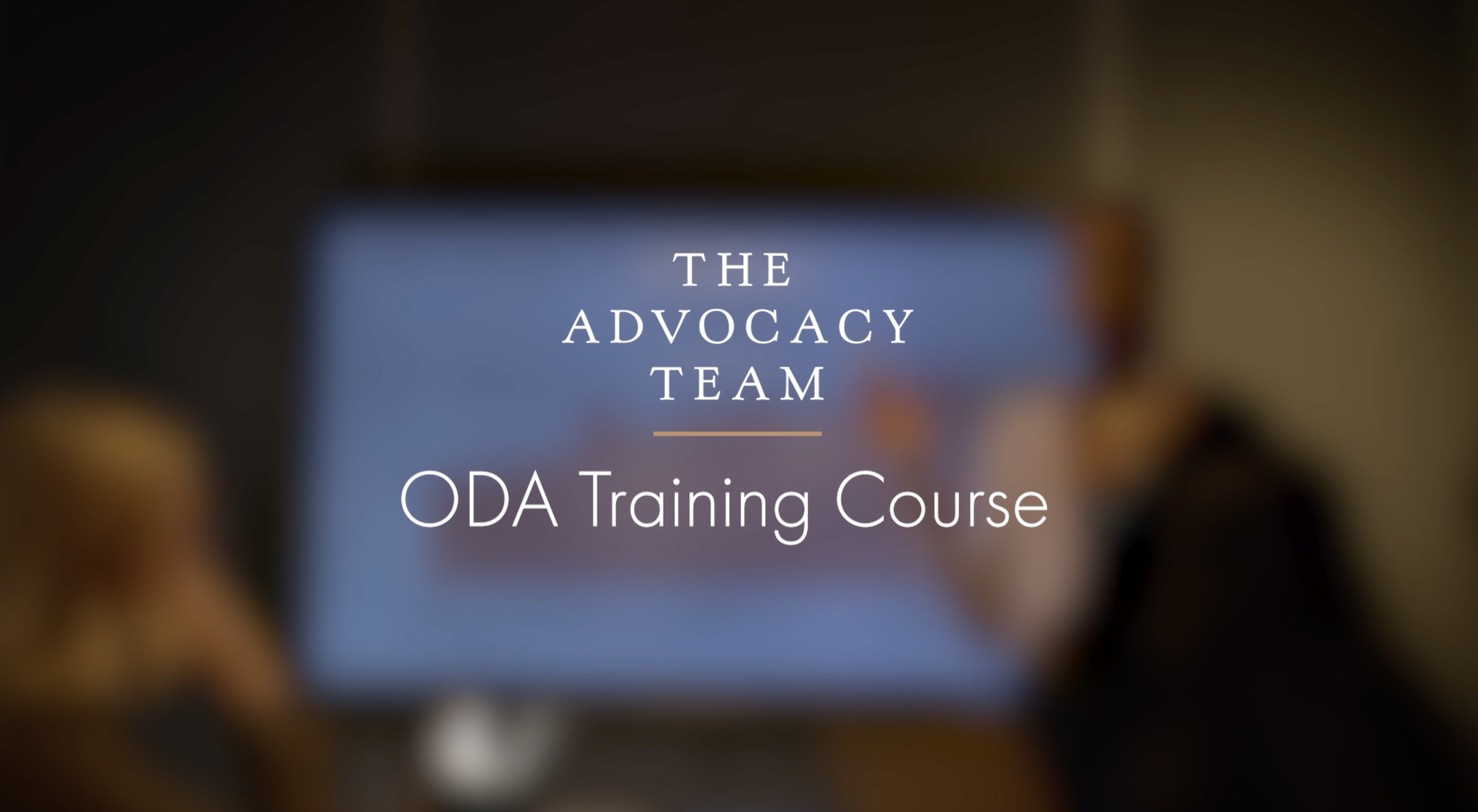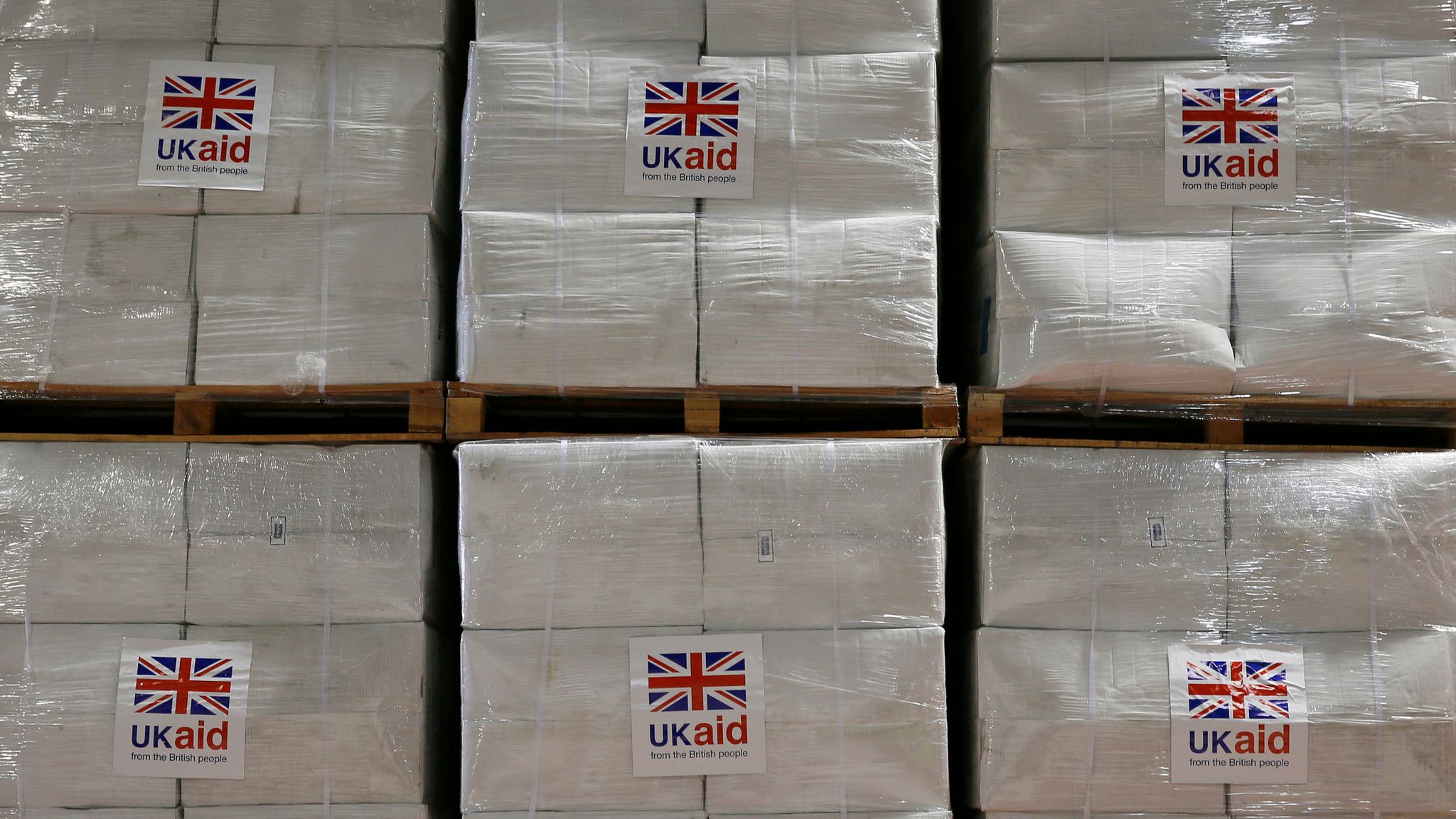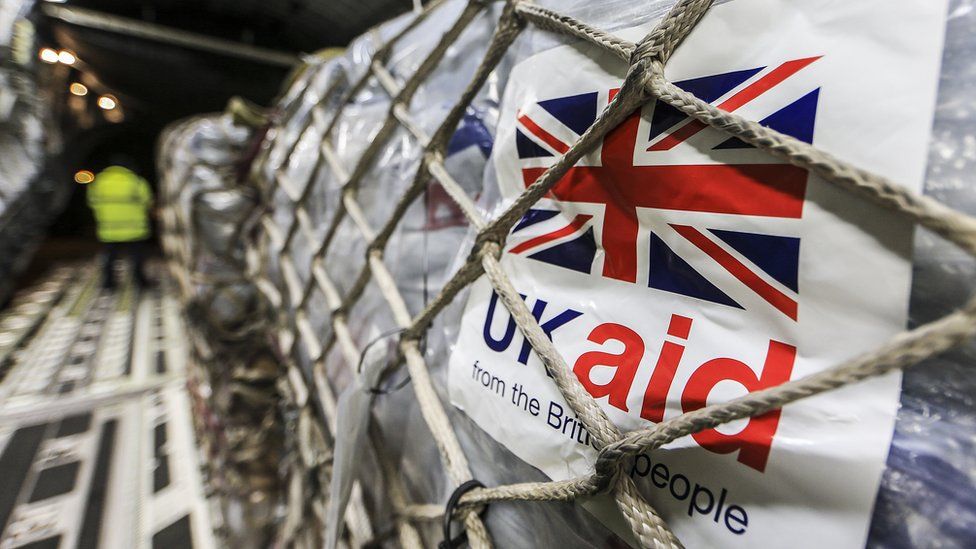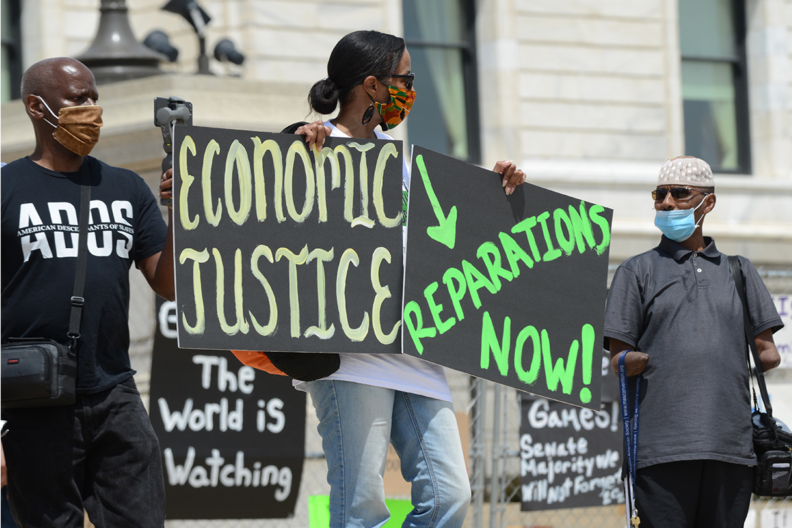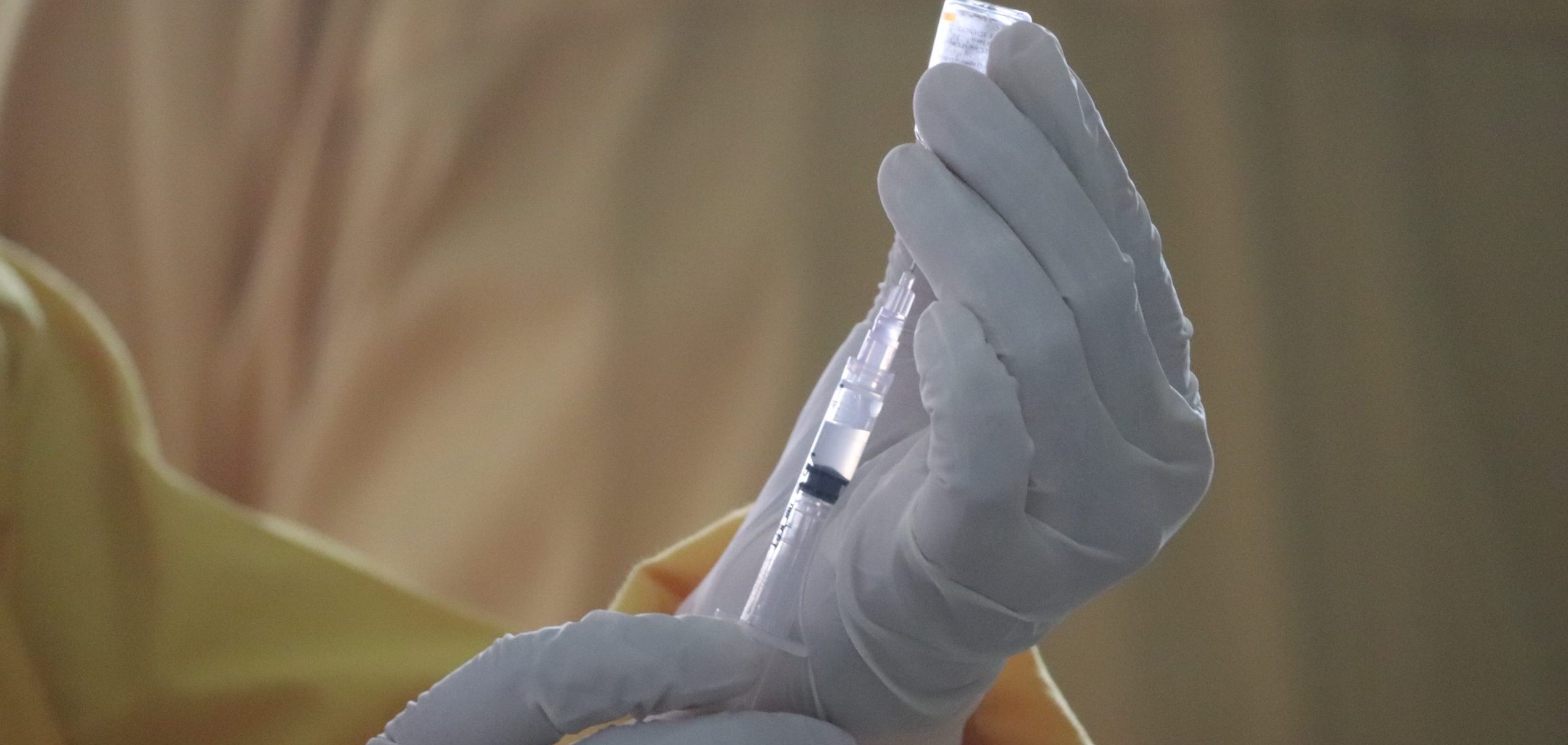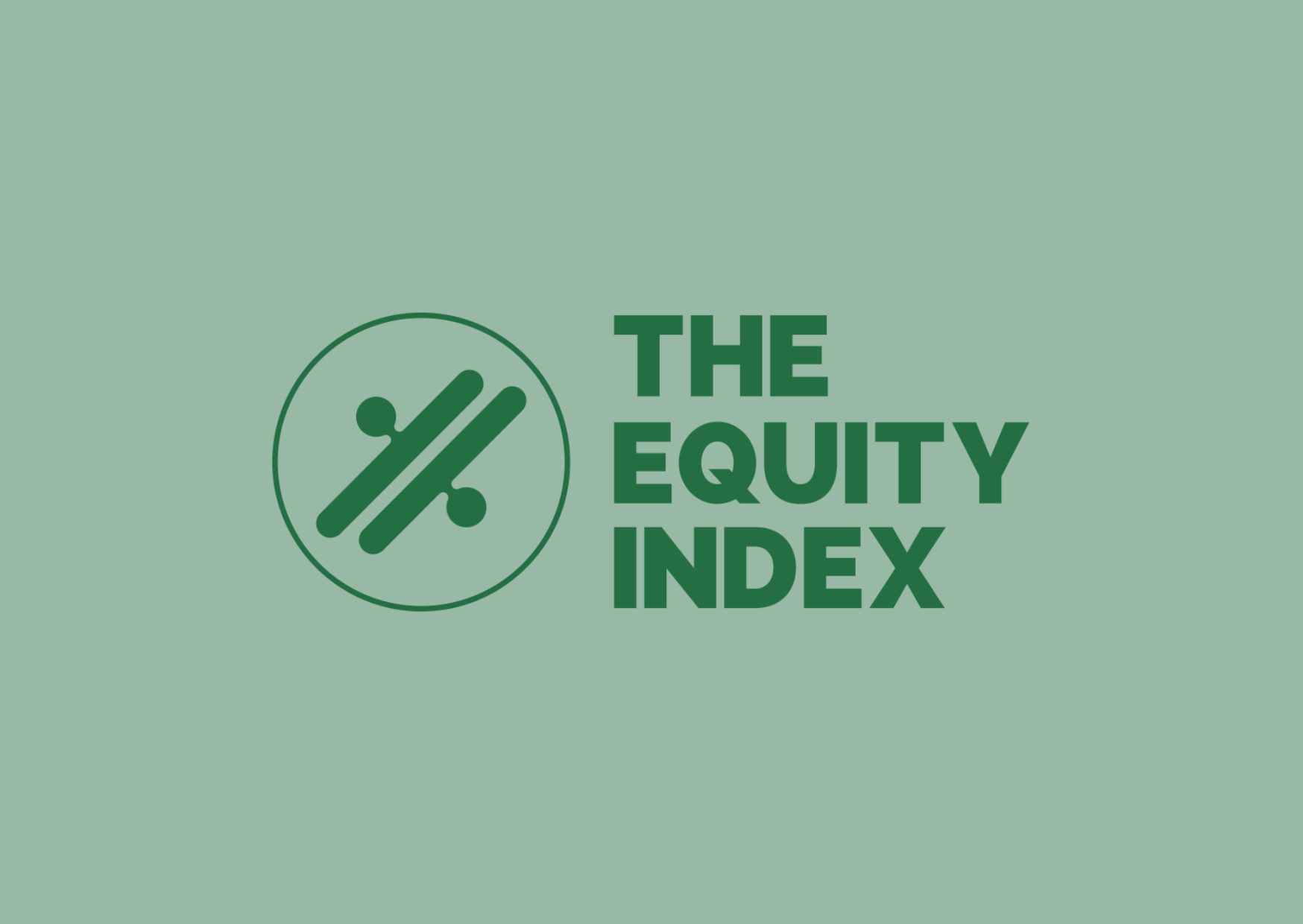Meet The Advocacy Team: We delve into our personal journey’s into advocacy

Meet The Advocacy Team
Reem Berrada
Senior Associate (Public Affairs and Policy)
What inspired you to work in advocacy?
I think I was always interested in politics and foreign policy but especially after a short internship at the London Stock Exchange Group with the Government Relations team, I was really immersed in it and loved the idea of progressing in a career which centered around advocacy, parliamentary engagement and public affairs.
What does a typical day in advocacy look like for you?
Each day is different, which is what makes advocacy so exciting. My day can involve sending emails, drafting briefings, engaging with parliamentarians, attending meetings, and keeping up with current and international affairs through news scanning.
What are some of the biggest challenges you’ve faced as a woman in advocacy/politics?
When I first started, it was definitely finding my ‘voice’ and perfecting my writing style to ensure I was really making a difference through my writing and engagement. It really made such a huge difference having my mentors and my Director support me during this time – to hear me out and review what I was producing at the time. It can be really tough to start out in a role that usually demands so much, especially when you are expected to learn quickly and navigate rooms/meetings – but I found the process encouraging and engaging and I really enjoyed the learning.
What progress have you seen in gender equality since you’ve started working in this field?
I think in terms of my career, I have been able to learn from and be guided by the most incredible women that are doing so well in their own careers.
What is an issue affecting women today that you think doesn’t get enough attention?
I believe we are entering an increasingly difficult time for women and young girls worldwide. Aid budgets in both the UK and the US have been cut at a time when support is needed most, and the consequences will be severe. From Afghanistan to the US, we have witnessed a troubling regression in women’s rights – whether it’s the right to education or the right to abortion. The setbacks we are seeing are a stark reminder that progress is never guaranteed, and now more than ever, we must continue to advocate for and protect the rights of women and girls globally.
What advice would you give women who want to work in advocacy? and 8. If you could tell your younger self one thing about working in this field, what would it be?
The one advice I would give is be ambitious and persistent in anything and everything you do – send as many emails as it takes, phone them up, drop them a line on LinkedIn – whatever you think it takes, do it. I would also say don’t be afraid to ask questions. Questions are so important, you learn, gain clarity and ensure you make less mistakes.
I would say to my younger self: Don’t think about it too much, it will pass.
What changes would you like to see in 10 years regarding women’s rights?
Women’s rights and feminism needs to make sense for all women and in all walks of life – listen to all women and girls and understand their needs. I would also like for us to take the eventual impacts of climate change on women seriously.
Nasim Salad
Head of Research and Analysis
What inspired you to work in advocacy?
I accidentally fell into it. I didn’t even know what “advocacy” was until I was about 24. I was always interested in politics, generally and specifically foreign affairs/international development issues, so I wanted to work in those sectors.
What does a typical day in advocacy look like for you?
Answering a lot of emails. Reading a bunch of news (including Twitter feeds). Days usually consist of researching, writing, meetings and repeat. Sounds so boring. It’s not! Every week feels like a new week with a wave of unexpected policies.
What are some of the biggest challenges you’ve faced as a woman in advocacy?
I’ve not seen any immediate challenges recently, but when I was first starting out and a lot younger, I struggled to make my voice heard and did not feel listened to in meetings.
Can you share an achievement or campaign that had a meaningful impact on you and others?
I think the #MeToo movement still has a huge mark on me, and it was massive at the time, though sometimes it does feel like not much has changed…
What progress have you seen in gender equality since you started working in this field?
I’ve seen more women in senior roles. It’s great seeing your peers excel.
What is an issue affecting women today that you think doesn’t get enough attention?
Trans women are constantly being treated as a political football and, in some cases, having their rights taken away, and it’s really scary to me. This, of course, dovetails with abortion laws in the USA at the moment. Sometimes, it feels like society is regressing.
What advice would you give to young women who want to work in advocacy?
Find friends who are at the same level as you and in the same industry! Meet up, openly discuss your salaries and share your highs and lows. Having a supportive tribe around you in your industry is so important.
What changes would you like to see in the next 10 years regarding women’s rights?
Would like to see women’s rights to include ALL women – trans, all races, religions, class, etc – feminism feels so exclusionary and one-dimensional lately it drives me mad. More sense of solidarity is needed.
Mathilde Benguigui
Policy and Research Associate
What does a typical day in advocacy look like for you?
What I love most about this job is that no two days are the same. A big part of the work is staying informed about global trends and understanding how they shape the impact we can have- specifically at a time when the positive impact of ODA isn’t always fully recognised. We draft policy briefs and advocacy strategies as a first step towards influencing, we conduct research on different issues such as child health, air pollution, or looking at the impact of aid cuts.
What advice would you give to young women who want to work in advocacy?
No matter the profession, believing in yourself and trusting your intuition is key. If you’re interested in driving change, advocacy is definitely worth considering. The more people working towards the same goals the greater action we might achieve. Also take every opportunity that comes along the way!
What changes would you like to see in the next 10 years regarding women’s rights?
Globally, a lot of countries don’t fully embrace how powerful women’s empowerment can be – not just for society, but for the economy too. It’s pretty clear that patriarchal systems hold back progress, and we still need to break those barriers. That’s why having allies and working together to create a more inclusive society is so important. It’s also important to remember that the progress we’ve made isn’t guaranteed. We’re seeing rights that past generations fought for under threat, so we need to keep reminding us of what we’re working for.
Areeshya Thevamanohar
Senior Associate
What is your role at The Advocacy Team?
I’m a Senior Associate, leading policy and research projects for clients ranging from philanthropies to INGOs and NGOs across diverse issues like climate change and global health. For the past four years, I’ve had the privilege of working with The Advocacy Team, where I’m continually inspired by the brilliance of my colleagues and clients.
If you could tell your younger self one thing about working in this field, what would it be?
If I could tell my younger self one thing about working in this field, it would be this: Your voice matters and you bring so much more to the table than you realise.
Working in policy and research has shown me that it’s a vital first step in shaping conversations and driving policies that lead to real, life-changing interventions. There’s immense power in the data we analyse and the stories we tell—both are essential in making a compelling case for action.
And that’s why having a real diversity in this field— whether that’s gender, race, nationality, lived experience and more, because a wide range of perspectives strengthens research, sharpens the questions we ask, and ensures a good scope of perspectives are included. When done well, this work doesn’t just inform policy; it influences the right people, leading to decisions that truly make a difference.
Can you share an achievement or campaign that had a meaningful impact on you and others?
The Equity Index will always hold a special place in my heart. It was co-founded by our Director Lorriann, and is a social enterprise that tracks multiple dimensions of equity within UK development organisations.
During my first year at The Advocacy Team, I worked on the public mapping exercise for the Index’s pilot phase — and this was my first real introduction to the inequities within the development sector and how they vary across different organisational sizes and structures. It was also where I saw firsthand the power of a public index like this, along with the complexities of measuring something as nuanced as equity. Even now, I continue to use the Index as a resource and its indicators when supporting clients in their diversity, equity, and inclusion work.
I have also had the privilege of speaking on various panels about the Index’s impact and contributing to consultancy projects, including work with Development Impact Managers and Advisors (DIMA) on designing materials for racial and gender equity in Brazil and IDB Invest on a report titled ‘Characterising the Afro-Brazilian Digital Inclusion Gap and Assessing Investment Opportunities.’ It’s been incredible to see how this work continues to inform and centre equity in different country and development contexts.
Vanessa Odera
What is your role at The Advocacy Team?
I am an intern on the Research and Analysis Team.
What inspired you to work in advocacy?
My advocacy journey began with volunteer work, something my family encouraged from a young age. As I worked in my community, I saw firsthand how policy decisions directly impact people’s lives. That realization pushed me to address the root causes of the issues I encountered as a volunteer, advocating for those who may not have the platform to advocate for themselves.
What does a typical day in advocacy look like for you?
As an intern, this is my first experience in a workplace dedicated entirely to advocacy, so my daily tasks have evolved significantly. I focus on gathering background information on philanthropies and policies to create one-pagers, as well as editing research briefs for clients advocating on issues such as homelessness and air quality.
What are some of the biggest challenges you’ve faced as a woman in advocacy?
One challenge I’ve faced in policy work is elevating women’s issues to the mainstream and making them resonate with those they may not directly affect. For example, during COVID-19, my mother and I launched Period Packed, a menstrual health initiative advocating for equitable access to hygiene products. We raised funds and donated menstrual products to women’s shelters, children’s shelters, and women’s prisons in Texas. When meeting with local decision-makers—most of whom were men—I had to frame the issue in ways they could relate to, drawing parallels to their sisters, daughters, or mothers to build understanding and support.
What progress have you seen in gender equality since you started working in this field?
As a newcomer, I’ve noticed that women are leading many advocacy efforts. Most of my supervisors have been women, which signals a positive shift in recognizing women’s capabilities in shaping legislation and policy.
What is an issue affecting women today that you think doesn’t get enough attention?
Menstrual health equity. Despite being a fundamental health issue, access to menstrual products and education remains inconsistent, especially for marginalized communities.
What advice would you give to young women who want to work in advocacy?
Don’t be afraid to take up space. Political science and advocacy can feel daunting because you’re tackling major societal issues, and it’s easy to doubt yourself. But if you’re putting in the work and have a passion for an issue, speak up—not just for yourself, but for the women who aren’t in the room.
If you could tell your younger self one thing about working in this field, what would it be?
This field gives me the opportunity to advocate for my younger self. I would tell her that her passion, her curiosity, her questioning nature, and her care for others all have a purpose. These traits can be channeled into professional work that drives real change.
What changes would you like to see in the next 10 years regarding women’s rights?
I want to see a greater focus on the rights of women of color, which have historically been overlooked. In 2022 alone, 5,487 Indigenous women were reported missing in the U.S., while Black women are three times more likely to die in childbirth than their white counterparts. We need a reckoning where we examine the systemic disparities in how women of color are treated in policy and healthcare.
Alice Edwards
What is your role at The Advocacy Team?
My role involves supporting the team’s work in qualitative and quantitative research and analysis for a range of projects on issues like climate, homelessness and global health.
What progress have you seen in gender equality since you started working in this field?
Since I began working in advocacy earlier this year, you could say that we have actually started to see a rolling back on the progress we’ve made on gender equality. Cuts to USAID, coupled with the trimming down of the UK’s own overseas development aid, are going to take its toll on women’s equality in the Global South, where we expect to see big cuts to women’s healthcare, a dip in economic opportunities and limited social mobility as a result. Diminished funding will mean increased uncertainty and precarity, but this only means that the role of advocacy is more important than ever.
What is an issue affecting women today that you think doesn’t get enough attention?
Gender-based violence in conflict zones, which will only become more widespread as our world grows less peaceful.
Jordan Nann
Special Assistant to the Director
What is your role at The Advocacy Team?
My job title is Special Assistant to the Director, so I support Lorriann’s projects and provide general support to the team, especially in our Public Affairs and Governance side!
What inspired you to work in advocacy?
I have always been deeply fascinated by politics and policy. I basically grew up involved in local charities and nonprofits and in my local Democrats and Young Democrats chapters. In University, I got into philosophy and applied ethics, which has fundamentally changed my perspective. Advocacy is the method by which we affect policy-makers and decision-makers, and it is vital to a fair and just political system! I wanted to help impact sustainable change, and advocacy is the best method by which to do so!
What does a typical day in advocacy look like for you?
My role is quite varied, I support on a number of projects, and oftentimes switch between desk research, administrative support, and drafting bios, note-taking, and drafting outreach or strategy. I love attending webinars and learning more about the processes by which multilaterals and policy-makers come to decisions, and especially learning more about the intricacies of climate finance and the intersection of climate and health!
What are some of the biggest challenges you’ve faced as a woman in advocacy?
Admittedly I have only been working in advocacy for six months, but I am extremely proud and grateful for the opportunity to work with such an impactful and inspiring group of women (and you, Souf lol apologies)
What progress have you seen in gender equality since you’ve started working in this field?
Again, I have only been working in the industry for 6 months, so I am afraid I cannot speak on changes within it to a great extent.
What is an issue affecting women today that you think doesn’t get enough attention?
I personally think the intersection of health and womanhood is really interesting, especially with the social rise of more traditional content (chronically online take), but women not being listened to in medical capacities, which only gets worse when you consider race and wealth disparities, contrasted with women being the target demographic for wellness, I think that this has strong implications for how seriously we treat health concerns, even in a multinational context.
What advice would you give women who want to work in advocacy? and 8. If you could tell your younger self one thing about working in this field, what would it be?
I think I need a bit more experience before I am ready to give advice!
What changes would you like to see in 10 years regarding women’s rights?
I think we are in a political moment that has a lot of potential for going in new directions. I hope that we will critically engage with the intersections of womanhood, class, race, and lived experience. I hope that we can understand womanhood not as a monolith to be treated but as a shifting, nuanced reality that intersects with all other areas of development.


